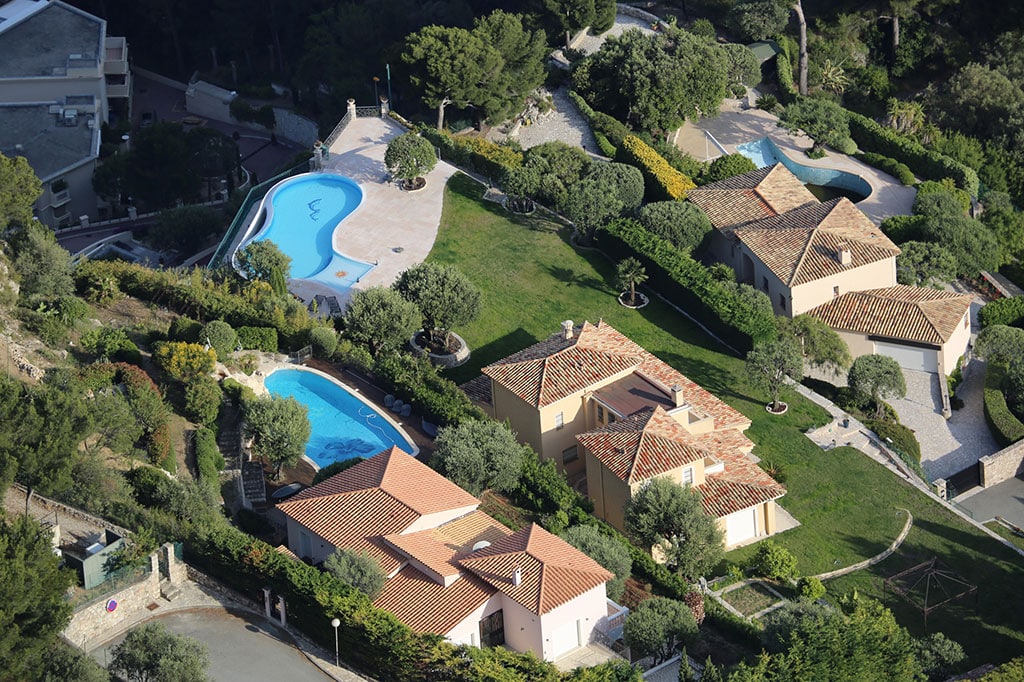Short-term furnished rentals in France, particularly through platforms like Airbnb, have for many years been an attractive investment. However, offering short term holiday rentals is no walk in the park. It can be quite physically demanding, with holiday makers coming and going every few days, and all that involves. Nevertheless, for those willing to put the work in, holiday rents have offered higher yields than traditional long-term leases.
However, a combination of stricter regulations, increasing local taxation, and rising property acquisition costs is making this investment far less profitable. Landlords now face new challenges, including reduced tax benefits, higher notaire fees, and municipal efforts to appease local residents. This article explores the growing financial and legal difficulties of short-term furnished rentals and considers an alternative: classifying rental properties as touristic accommodations under the Code du Tourisme.
The underlying problem has been the rapid growth of short-term rentals, from 300,000 in 2016 to over 1 million in 2024! This has prompted the Macron government to act, citing housing shortages and price inflation as key concerns.
Major Tax Reforms: What Landlords Need to Know
In October 2024, the government approved a series of measures limiting the tax advantages of furnished tourist rentals while giving municipalities greater power to regulate them.
One of the most impactful changes is the reduction of tax allowances under the micro-BIC regime. Previously, landlords renting out furnished holiday properties benefited from a 50% tax allowance on turnover up to €77,700. Under the new law, this deduction has been significantly lowered, to 30%, on turnover of just €15,000. This means a significant increase in taxable income for landlords, substantially reducing their profit margins. (N.B. spoiler alert, there is a way to keep the former higher allowance, as we shall see later.)
Additionally, the government has imposed stricter energy efficiency standards for short-term rentals, aligning them with those required for long-term leases. Finally, local authorities now have enhanced enforcement powers, including the possibility of restricting the number of rental nights permitted annually and imposing fines on non-compliant landlords.
The Hidden Costs: Rising Local Taxes and Notaire Fees
The problem is that this is not the first, nor the last, time that property investors have been targeted. Beyond taxation, property acquisition and ownership costs have also increased, further impacting profitability. Here are two prime examples:
Local Property Taxes: Taxe Foncière and Taxe d’Habitation
All property owners must pay taxe foncière, an annual tax that many municipalities have raised in recent years to compensate for budget shortfalls. In addition, while taxe d’habitation has been abolished for primary residences, it remains applicable to secondary homes, including short-term rental properties. Furthermore, some municipalities, particularly in tourist areas, have been allowed to dramatically increase rates, by up to 60%, to deter short-term rental investments. In 2024, the number of communes applying surtaxes on secondary homes rose dramatically, with many imposing the maximum 60% surcharge.
Higher Notaire Fees
As of April 1, 2025, departments have the option to increase droits de mutation à titre onéreux (DMTO), that is, the property purchase costs commonly referred to as ‘notaire fees’, by 0.5%.
Is it Still Worth It?
Offering short-term rentals used to be a small side business that British retirees and early retirees commonly undertake; however, it is important to be aware that this activity is becoming notably more onerous year after year.
Thus, for landlords still interested in short-term rentals, it is perhaps worth considering registering your property as “touristic accommodation” under the Code du Tourisme. This classification distinguishes properties from standard furnished rentals and offers potential benefits, such as:
- Tax Advantages: A 50% tax allowance on turnover up to €77,700
- Extended Rental Periods: Unlike regular short-term rentals, classified properties may not be subject to the same strict rental duration limits imposed by municipalities.
- Increased Market Appeal: Touristic classification can enhance credibility and attract more renters seeking quality-assured accommodation.
However, obtaining this status requires compliance with stringent criteria, such as minimum equipment standards, size requirements, and service obligations. The process involves an application to local authorities and possible inspections.
The Future of Short-Term Rentals in France
To summarise, it is apparent that the short-term rental market in France is becoming increasingly difficult for landlords due to stricter regulations, reduced tax deductions, and rising acquisition and ownership costs. The cut in tax allowances drastically reduces profitability, while higher notaire fees and local taxes add further financial strain.
For those seeking to remain in the short-term rental business, transitioning to touristic accommodation classification under the Code du Tourisme may offer a partial solution, though it requires meeting stringent requirements. Given the evolving landscape, property owners must carefully weigh the long-term viability of short-term rentals against alternative investment strategies, such as long-term leasing, or investing in financial markets.

